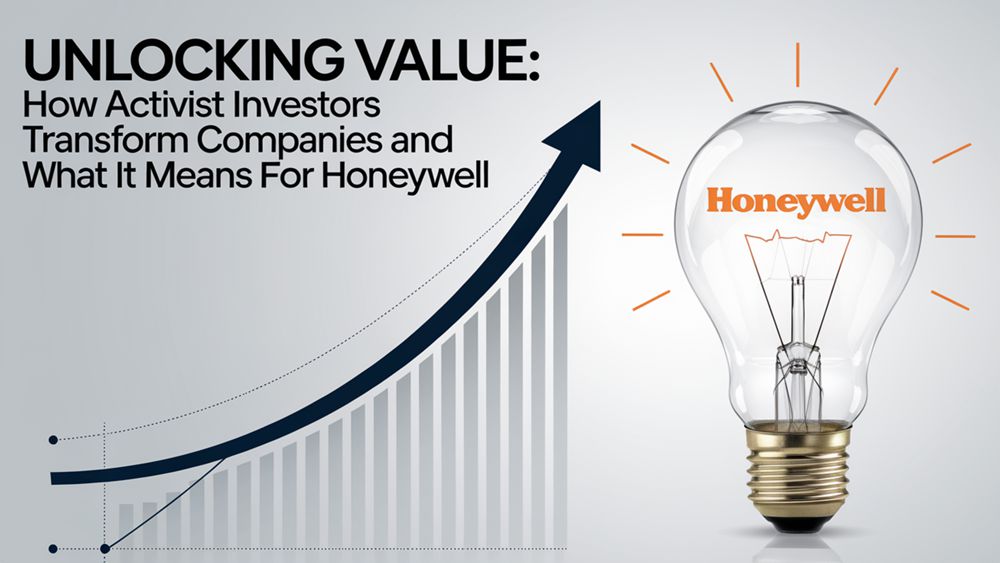Markets This Week: Veterans Day, CPI Inflation, Powell’s Comments, and Key Earnings

Veterans Day: A Partial Market Holiday
Veterans Day, observed on November 11, 2024, marks a federal holiday in the United States. While the bond markets will take a pause, the stock markets, including the New York Stock Exchange and Nasdaq, will remain open for trading. Historically, Veterans Day has had minimal impact on stock market performance, allowing investors to continue their trading activities without interruption. However, the closure of bond markets might lead to quieter trading sessions, as some investors may choose to sit on the sidelines.
CPI Inflation: A Key Economic Indicator
One of the most anticipated events this week is the release of the October Consumer Price Index (CPI) on November 13. Inflation data is a critical barometer for the Federal Reserve’s monetary policy decisions. Economists are predicting a 2.6% annual increase in headline CPI and a 3.3% rise in the core rate, which excludes volatile food and energy prices. These figures will be closely scrutinized as they provide insights into inflationary pressures and the Fed’s ability to achieve its 2% inflation target.
The CPI report is not just a number; it’s a narrative of consumer behavior and economic health. A higher-than-expected CPI could signal persistent inflation, potentially prompting the Fed to reconsider its interest rate trajectory. Conversely, a lower CPI might reinforce the Fed’s recent rate cuts, fostering a more accommodative monetary environment.
Federal Reserve Speeches: Powell and Beyond
Federal Reserve Chair Jerome Powell is scheduled to speak on November 14, providing further insights into the Fed’s economic outlook and policy stance. Powell’s comments will be pivotal, especially in light of the recent quarter-point interest rate cut. Investors will be keen to hear his views on inflation, fiscal policy, and the broader economic landscape.
Other Fed officials, including Minneapolis Fed President Neel Kashkari and St. Louis Fed President Alberto Musalem, will also deliver remarks throughout the week. Their speeches could offer additional clues about the Fed’s future policy moves, particularly regarding interest rates and inflation management.
Retail Sales and Wholesale Inflation Data
On November 15, the October retail sales and Producer Price Index (PPI) will be released. Retail sales data is a vital indicator of consumer spending, which drives economic growth. In September, retail sales rose by 0.4%, reflecting robust consumer performance. Economists estimate a 0.3% increase for October, which, if realized, would suggest continued consumer resilience.
The PPI, another measure of inflation at the wholesale level, is expected to show a 2.3% increase in the headline rate and a 2.9% rise in the core rate. These figures will provide further context for inflationary trends and their potential impact on consumer prices.
Corporate Earnings: Home Depot, Cisco, and Disney in Focus
Earnings season continues with key reports from major corporations, including Home Depot, Cisco, and Walt Disney. These companies’ performances will offer insights into sector-specific trends and broader economic conditions.
- Home Depot: Scheduled to report on November 12, Home Depot’s earnings will be closely watched for indications of consumer spending in the housing market. Rising mortgage rates have posed challenges, but analysts expect sales of $39.24 billion and earnings per share of $3.64.
- Cisco: Reporting on November 13, Cisco’s results will be scrutinized following significant workforce cuts. The company’s diverse offerings in networking services and recent acquisitions could influence its performance.
- Walt Disney: On November 14, Disney will release its earnings, with a focus on its direct-to-consumer business and the impact of recent hurricane activity. Analysts anticipate sales of $22.44 billion and earnings per share of $1.10.
These earnings reports will not only reflect individual company performance but also provide a snapshot of consumer behavior and economic resilience in their respective sectors.
Market Sentiment: Riding the Post-Election Wave
The stock market has been buoyant following Donald Trump’s election victory and the Federal Reserve’s interest rate cut. Last week, the Dow and S&P 500 both rose over 4.6%, while the Nasdaq increased by 5.7%, marking their best weeks of the year. This rally, often referred to as the “Trump trade,” has been driven by expectations of favorable economic policies and continued market strength.
However, the market remains sensitive to economic data releases, particularly inflation figures. Any deviation from expectations could impact the Fed’s future rate decisions and, consequently, market momentum.
Global Market Dynamics: Currency Movements and Central Bank Policies
Beyond the U.S., global market dynamics are also in play. The U.S. dollar’s short-term outlook is bearish following the Fed’s rate cut, while the euro and British pound face similar pressures due to recent rate cuts by their respective central banks. In contrast, the Japanese yen shows a bullish trend, supported by the Bank of Japan’s steady interest rates.
These currency movements reflect broader economic trends and central bank policies, influencing trade relations and investment flows. Investors should keep an eye on these developments as they navigate the complex global market landscape.
Actionable Insights: Navigating the Week Ahead
As we look ahead, investors should focus on the following key takeaways:
- Monitor Inflation Data: Keep a close watch on the CPI and PPI releases, as they will provide critical insights into inflationary pressures and the Fed’s policy direction.
- Listen to Fed Speeches: Pay attention to comments from Fed officials, particularly Jerome Powell, for clues about future interest rate moves and economic outlook.
- Analyze Earnings Reports: Evaluate earnings from Home Depot, Cisco, and Disney to gauge sector-specific trends and consumer behavior.
- Stay Informed on Global Markets: Consider the impact of global currency movements and central bank policies on your investment strategy.
- Maintain a Balanced Portfolio: Given the current market volatility, ensure your portfolio is diversified to mitigate risks and capitalize on potential opportunities.
In conclusion, this week presents a mix of economic data, corporate earnings, and geopolitical developments that could influence market sentiment. By staying informed and proactive, investors can navigate these challenges and position themselves for success in the ever-evolving financial landscape.


